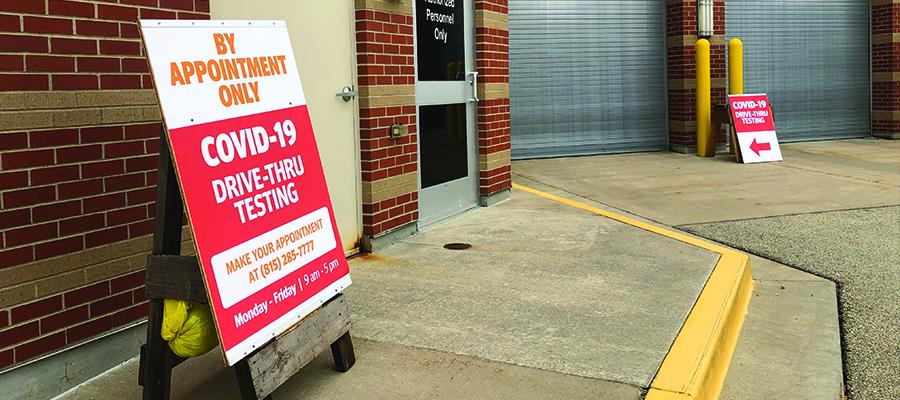NIH launches initiative to speed rapid COVID-19 testing

The National Institutes of Health today urged scientists and inventors with a rapid testing technology to compete for a share of $500 million in funding to develop accurate at-home and point-of-care diagnostic tests, with the goal to make millions of tests available per week by the end of summer and even more in time for the flu season.
“We need American tech experts, innovators and entrepreneurs to step up to one of the toughest challenges we’ve faced as a country, to help get us safely back to public spaces,” said Bruce Tromberg, director of the National Institute of Biomedical Imaging and Bioengineering.
The challenge is part of a new NIH Rapid Acceleration of Diagnostics (RADx) initiative that will invest $1.5 billion in funding from the Paycheck Protection Program and Health Care Enhancement Act in early innovative testing technologies. RADx will expand an NIBIB Point-of-Care Technologies Research Network that supports innovators through technology hubs at Emory University/Georgia Institute of Technology; Johns Hopkins University; Northwestern University; University of Massachusetts Medical School; and the Consortia for Improving Medicine with Innovation & Technology at Harvard Medical School/Massachusetts General Hospital.

